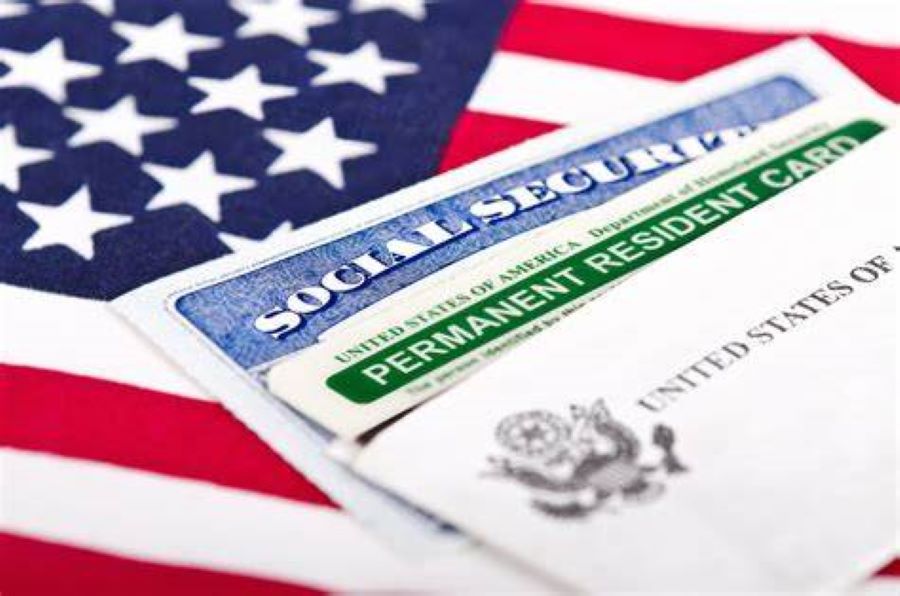(609) 737-3030
Can I Cancel My Spouse's Green Card?

The sad reality of marriage is that statistically, about 50% of all marriages end up in divorce. Things get even more complicated when a US Citizen or Lawful Permanent Resident has filed a petition for a spouse’s permanent residence but no longer wishes to pursue the process due to a relationship breakdown. Can the Petitioner stop the process?
If the I-130 is pending with USCIS, the petitioner can usually submit a signed, notarized letter to the location where the case is pending advising that he/she wishes to withdraw the I-130.
If the I-130 has already been approved and the matter is pending with the National Visa Center (NVC), the petitioner should, as above, notify NVC, that he/she wishes to withdraw the underlying petition.
If the I-130 has already been approved, and the case has moved from the National Visa Center to the US consulate, then correspondence must be sent to the US consulate where the interview will be scheduled. Obviously, the petitioner should notify the consulate before the interview is scheduled that he/she wishes to withdraw the petition. Notification should be made by a written notarized letter.
While the actual procedure to withdraw the petition is quite simple, the decision to withdraw the petition should not be as easy. It definitively should not be a spur-of-a-moment decision as the consequences are serious. Once the petition is withdrawn or canceled, the case is as good as over. If the petitioner changes his/her mind later on, it will not be easy to revive the case. A new petition will most likely have to be filed, resulting in more delay since the case will have to start over from the beginning. Therefore, couples who are having a relationship or marital disputes during the pendency of the case must think twice before taking any action on the case. Just as couples who are having problems should not, under most circumstances, be rushing to file for divorce, neither should immigration petitions be taken lightly. Since marriage cases take some time, it is always advisable for spouses who have argued to “cool off” before the petitioner decides to take things further. The last thing a reconciled couple would want to learn is that the case has been canceled, and even though the petitioner’s request to cancel or withdraw the petition was a mistake made out of haste and emotion, a new petition with a new filing fee, will have to be filed. As such, withdrawing a petition should only be done once the petitioner has made up his/her mind and understands the consequences of that decision.
If the foreign national spouse has already been granted permanent residence, then for all practical purposes, the petitioner will not be able to withdraw or cancel the I-130. If the spouse has a conditional green card, however, the immigrant will usually be expected to file to remove the conditions on his/her residence ninety days before the second anniversary of the grant of permanent residence. So, if the US Citizen/Lawful Permanent Resident does not join in the petition, it may be problematic for the foreign spouse to obtain a permanent green card (there are exceptions, of course). If the immigrant spouse has already been granted permanent residence without conditions, the petitioner will not be able to “cancel” the green card.
It is important to understand that the above is only general information. The law is extremely fact and circumstance sensitive. You should always consult with an attorney for an individual legal analysis of your specific legal case.
Categories





